Turnips: 14 Impressive Health Benefits, Nutritional Value, And How To Eat
This flavorful vegetable is rich in nutrients that you must include in your daily diet!
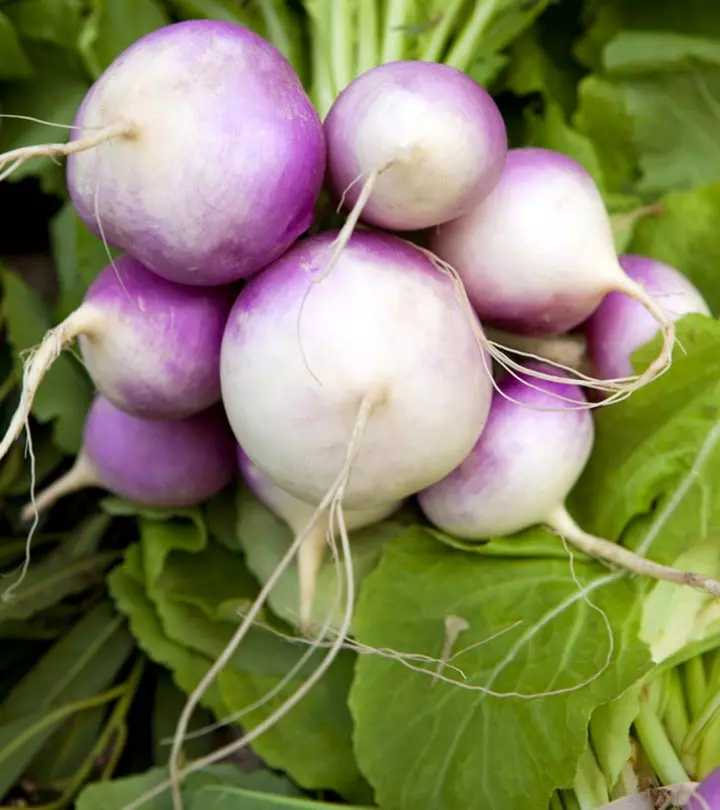
Image: Shutterstock
The benefits of turnips lie in their nutritional profile and disease-preventing properties. They are one of the oldest cultivated vegetables globally and have a deep purple color and a pungent taste.

Turnips have traditionally been used to treat sexually transmitted infections (STIs), headaches, rheumatoid arthritisi A chronic disorder that causes inflammation and pain in the joints due to the body’s immune system attacking its own tissues. , and edemai Leakage in the capillaries or tiny blood vessels that results in fluid accumulation in the nearby tissues, leading to swelling. . In addition, they are popularly used in folk medicine to treat hepatitis, jaundice, and sore throat (1).
Also known as Brassica rapa, this root vegetable has antitumor effects, thanks to the presence of isothiocyanates and glucosinolates. It is also rich in antioxidants like phenols and flavonoids that may protect against harmful microbes, liver disease, and diabetes (2), (3).
Arvelexin, another beneficial component in this vegetable, may help reduce inflammation and decrease high blood pressure and high blood cholesterol (1), (4).
Are turnips good for you? In this article, we discuss these benefits of turnips in detail. Keep scrolling to read more.
 Know Your Ingredient: Turnip
Know Your Ingredient: TurnipWhat Is It?
A small, round, and white root vegetable with a purple-shaded top that has a sweet taste and a strong pungent aroma.
What Are Its Benefits?
It helps improve heart and liver health, reduces the risk of cancer, and aids in weight loss.
Who Can Consume It?
It is generally considered safe for consumption except for people on blood-thinning medications.
How Often?
About 130 grams of turnip in one serving a day can be taken.
Caution
Consult a doctor before consumption if you have thyroid issues and kidney stones. Excess consumption may lead to bloating and stomach pain.
In This Article
What Are The Health Benefits of Turnips?
1. May Relieve Intestinal Problems

Consume turnips for digestion as they may prove to be beneficial as they are rich in fiber. Traditionally, the vegetable has been used to cure various gastrointestinal ailmentsi Diseases that affect the gastrointestinal tract, including the esophagus, stomach, intestines, rectum, etc. . Research suggests that consuming higher quantities of dietary fiber may reduce the risk of diverticular disease as it helps with bowel movement (5). On the other hand, a few studies suggest that a high fiber intake may not be helpful against asymptomatic diverticulosis (6).
However, more recent studies have reported that a high dietary fiber intake may reduce the risk of diverticular disease. Individuals consuming 30 g of fiber per day may reduce their risk of the disease by 41% (7).
A high fiber diet is established to be beneficial to improve the gut bacteria population (8). These probiotic bacteria help in providing nutrition to the body and add to the anti-inflammatory benefits of turnips (8). The gut bacteria may also help with bowel movements. More research in this area will provide a better understanding of this benefit.
Turnip have also been shown to fight Helicobacter pylori, which is the bacteria that cause stomach ulcers (9). Including turnips in your diet would help in improving gut health. They may also provide relief from stomach issues such as bloating, gas, and constipation.
2. May Improve Cardiovascular Health
You can consume turnips for heart health as turnips have antidiabetic, anti-inflammatory, and antioxidant properties that may help in reducing the risk of cardiovascular diseases
(10), (11). The veggies have a high content of healthy fats that may help in regulating cholesterol levels.
Animal studies have reported that turnips may enhance glucose and lipid metabolism (12). This effect could also promote cardiovascular health.
3. May Reduce Cancer Risk
The glucosinolates and isothiocyanates in turnips have anticancer properties (13).
Research states the one can use turnips for cancer prevention such as cancers of the ovary, colon, bladder, lung, prostate, and breast (14), (15), (16).
Studies in human lung cancer cells have reported anticancer activity of turnips (17).
4. May Protect The Liver And Kidney
Turnips have also exhibited hepatoprotective activity in mice (18).
In another study, turnip root ethanolic extract was found to offer protection against hepatic injury in rats(19).
Turnip water extract was also found to protect against hepatic fibrogenesis (formation of a large amount of scar tissue in the liver) (20).
Overall, these studies indicate that turnip has an important role in protecting the liver. A similar role of turnip was observed in kidneys. The vegetable had a protective effect against renal injury in rats (21). This renoprotective effect was also observed against rats in another study (22).
5. May Have Antidiabetic Properties
Studies on turnips for blood sugar control have established that turnip extracts have antidiabetic effects (12). It is reported that the vegetable can help regulate glucose levels by increasing the insulin/glucagon ratio (12).
However, more studies are needed to further understand the antidiabetic properties of turnips.
6. May Promote Weight Loss

You can consume turnips for weight loss as they have the ability to inhibit the deposition of lipids in fat cells by stimulating receptors that are involved in lipid metabolism (23).
In animal studies, turnip extract significantly reduced body weight, blood glucose, lipid peroxidation, nitric oxide, and total triglycerides and cholesterol levels. These effects were observed in rats with fructose‐induced metabolic syndromei A cluster of issues associated with heart disease and type 2 diabetes caused due to an excess intake of fructose, the sugar found in fruit. (24).
Turnip is low in calories and also has a low glycemic indexi A rating that represents the ability of carbohydrate-rich foods to elevate blood glucose levels. . Raw turnip has a glycemic index of 30 (while the cooked variant has a GI of 85) (25). The high dietary fiber content of turnips also increases satiety and helps keep hunger pangs at bay. These effects of Turnips for metabolic health may help promote weight loss.
7. May Promote Healthy Skin And Hair

Turnip is a rich source of vitamins A and C, and iron. All of them are essential for healthy skin and hair. Vitamin A is important for skin physiology (26). It may help in the production of sebum and the prevention of acne (27), (28), (29). However, more research is needed regarding the use of turnips for skin health.
Vitamin C promotes collagen production. Collagen provides structure to skin (30). It may also keep the skin looking young and supple. Including vitamin C foods like turnips in your diet can support overall skin health and improve your complexion.
Iron helps in the melanin production in hair (31). Iron deficiency is reported to cause hair loss and premature hair graying (31). Due to these properties, raw turnip greens benefit hair health.
8. May Help Reduce Anemia
Iron deficiency is one of the leading causes of anemia (32). Iron is a major component of hemoglobin present in red blood cells (32). It is essential for carrying oxygen to all parts of the body (32). Turnips are rich in iron, and including them in your diet may help in combating the fatigue from anemia. Turnips are also rich in vitamin C, which helps with iron absorption.
9. May Help Prevent Osteoporosis
Turnips contain glucosinolates that have been reported to help in bone formation in rats proving the importance of turnips for bone health (33).
This vegetable also has vitamin K. which helps in reducing the risk of fractures, promoting calcium absorption, and increasing bone density (34).
10. May Help Improve Memory

Turnip greens contain choline. Choline is essential for many vital functions (35). It is a structural component of cell membranes that helps with memory (36). It is also a component of neurotransmittersi A molecule secreted by a nerve cell that sends a signal to another cell to regulate bodily functions like heart rate, breathing, muscle movement, etc. and helps reduce inflammation (36).
11. May Help During Pregnancy
Turnip greens are a good source of both folic acid and iron. These are essential for women during pregnancy (37), (38). Regular consumption of this root vegetable, along with other leafy green vegetables, can help pregnant women with their daily nutritional requirements.
12. May Have Antimicrobial Properties
Turnips contain a specific compound called β-Phenylethyl isothiocyanate. This compound has exhibited antimicrobial activity against food-borne pathogens like Vibrio parahaemolyticus, Staphylococcus aureus, and Bacillus cereus (13). Further studies are needed to validate this claim.
13. May Improve Brain Injury
Turnip has a wide range of medicinal properties, including brain development. It can help improve brain damage caused by oxygen deprivation. According to a study conducted to examine the neuroprotective effects of turnip on mice, it was found that turnip extracts can help reduce brain damage, decrease harmful substances, and restore cell functions affected by oxygen deprivation. It activates a specific cell pathway to protect the brain from injury caused by reduced blood flow (39). However, more human studies are required in this regard.
14. May Treat Cold Symptoms
Turnip has been used as a traditional medicine for the treatment of headaches and chest complaints for a long time (2). Though there is little evidence regarding its ability to treat colds, anecdotal evidence suggests it can help loosen mucus. The high vitamin C in turnips also supports the immune system, helping the body fight allergies and infections by boosting white blood cell production (40).
 Quick Tip
Quick TipThese are the different ways turnip benefits your health. In the following section, we will explore the nutritional facts of the vegetable.
Key Takeaways
- The content of vitamins A and C in turnip may also boost collagen synthesis and improve the appearance of fine lines and wrinkles.
- When consumed with other green vegetables, the folic acid and iron in turnip can help pregnant women with their daily nutritional requirements.
- Turnips may also help with weight management by inhibiting the deposition of lipids in fat cells and boosting metabolism.
- You can either consume the vegetable raw or add it to your diet in the form of chips, coleslaws, beverages, and smoothies.
Nutrition Facts
- 90 % of raw turnip (100 g) contains water. It has only 28 kcal. It also has protein (2.5 g), fat (0.8 g), carbohydrate (24.7 g), and fiber (1.8 g).
- Calcium (30 mg), iron (0.3 mg), magnesium (11 mg), phosphorus (27 mg), and potassium (191 mg)
- Sodium (67 mg), zinc (0.27 mg), copper (0.085 mg), selenium (0.7 µg)
- Vitamin C (21 mg), thiamin (0.04 mg), riboflavin (0.03 mg), niacin (0.4 mg), vitamin B6 (0.09 mg), folate (15 µg), choline (11.1 mg)
- 20 glucosinolates and 16 isothiocyanates have been reported from turnip (progoitrin, gluconasturtiin, gluconapin, 4- hydroxyglucobrassicin, glucobrassicanapin, gluconapoleiferin, glucobrassicin, and neoglucobrassicin) (2)
*values sourced from SELFnutritionData, in association with USDA, turnips, raw
How To Eat Turnips
You can eat turnips cooked or raw, depending on your food and taste preferences. Here are a few other exciting ways to include it in your diet:
- You can bake turnips into chips for a healthy snack.
- Roasted or grilled baby turnips can also be added to a side dish.
- They are popular choices in salads and coleslaw.
- Simple mashed turnips are also a popular side dish.
- Turnip juice is consumed as a healthy alternative to beverages.
- It can be added to smoothies or yogurt for flavor.
How To Eat Turnips?
Turnips can be eaten cooked or raw. They can be baked into chips for a healthy snack. Roasted or grilled baby turnips can also be added to a side dish. They are popular in salads and coleslaw. Adding them to mashed potatoes can improve their nutritional value. Simple mashed turnips are also a popular side dish. Turnip juice is consumed as a healthy alternative to beverages. It can be added to smoothies or yogurt for flavor.
 Quick Tip
Quick TipTurnips are usually safe for most people. But they may cause certain adverse effects in some. We will briefly explore them in the following section.
Side Effects Of Turnips

Turnips belong to the cruciferous family. As per anecdotal evidence, eating them in excess may cause bloating, gas, and stomach pain.
Glucosinolates and isothiocyanates in turnips may have a goitrogenic activity (2). They may interact with the thyroid hormone. Individuals with thyroid issues may need to consult their doctor before consuming turnips.
Turnips may also cause complications in people with kidney stones. However, there is no research to back this up. Though turnips may benefit kidney health, those with kidney issues must consult their doctor before consuming turnips.
Infographic: 5 Health Benefits Of Turnip
Turnips are beneficial due to their nutrient composition and disease-fighting abilities. They have several medicinal properties, making them a superfood. Well, we have listed more health benefits of turnips in the infographic below. Have a look.
Some thing wrong with infographic shortcode. please verify shortcode syntax
Turnip benefits are numerous and can be attributed to their beneficial nutrients. If included regularly as part of the diet, turnips can relieve intestinal problems, promote weight loss, and boost hair and skin health. In addition, glucosinolates and isothiocyanates in turnips reduce the risk of cancer. Turnips can also promote cardiovascular, liver, and kidney health. These also exhibit anti-diabetic properties, improve memory, and help manage anemia and osteoporosis. Turnips can be included in your diet, either raw or cooked. However, excess intake may trigger gas, stomach pain, and bloating. Hence, moderate consumption is advised.
Frequently Asked Questions
Are turnips better for you than potatoes?
According to the calorific value, turnips are better than potatoes as they have fewer calories. But in terms of nutrition value, both have their own advantages.
Are turnips good for those with diabetes?
Yes. Turnips are antidiabetic and can help lower blood sugar levels.
Are turnips good for lowering cholesterol?
Yes. Turnips regulate lipid or fat metabolism. Preliminary studies on rats have reported that they can reduce cholesterol levels.
Do turnips cause gas?
Turnips are cruciferous vegetables and contain compounds that may cause flatulence and bloating.
Are turnips considered starchy vegetables?
Turnips contain very less starch. Hence, they are not considered starchy vegetables.
Are turnips good for kidney stones?
Turnips have a renoprotective effect. However, some believe they may cause kidney stones. The information is mixed. Consult your doctor.
Are turnips a Superfood?
Yes, as a rich source of calcium, vitamins, potassium, and other necessary nutrients, turnips are considered a superfood.
Is turnip skin safe to eat?
It is safe to eat turnip skin. However, the skin leaves a sharp aftertaste and is not usually recommended to be eaten.
Illustration: Turnips: 14 Impressive Health Benefits, Nutritional Value, And How To Eat
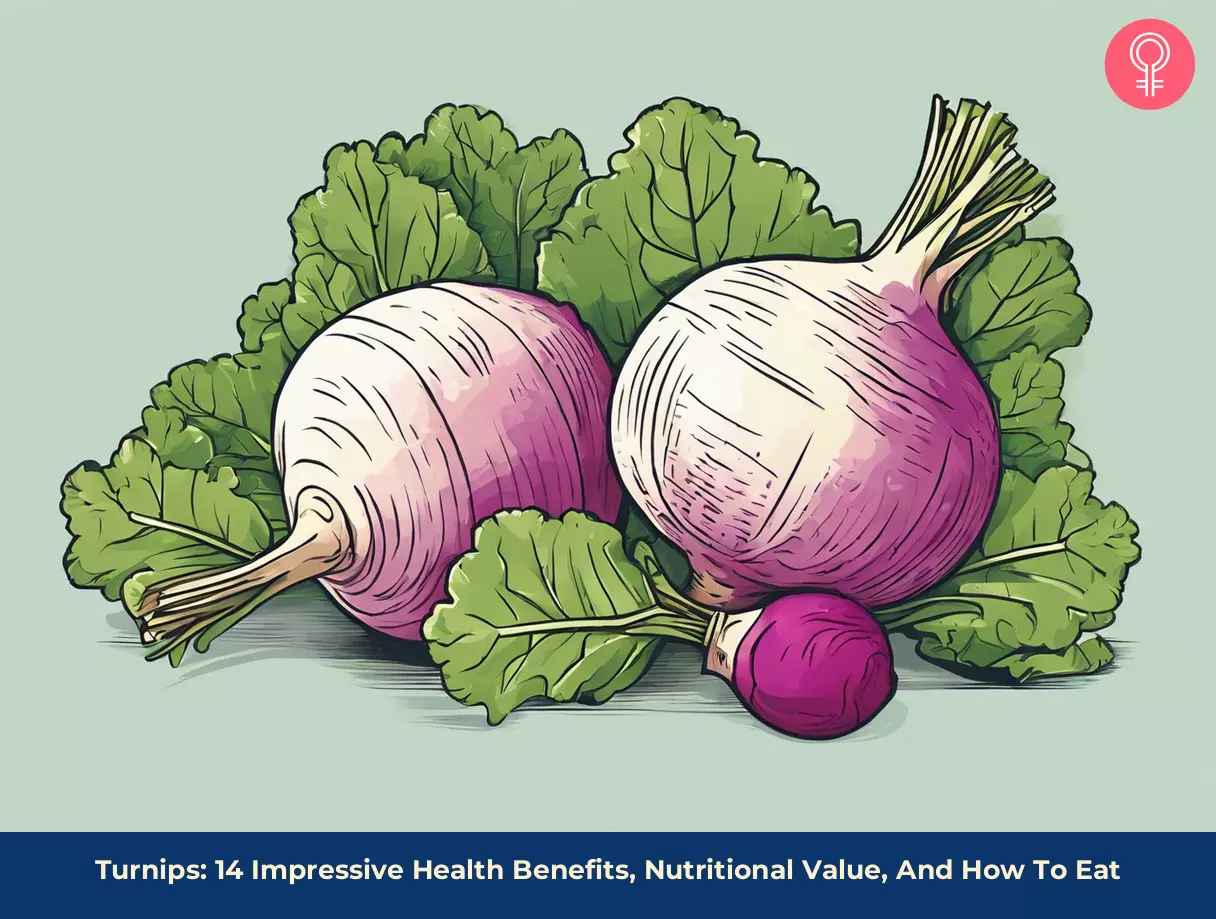
Image: Stable Diffusion/StyleCraze Design Team
Discover the top 11 surprising health benefits of turnips! From aiding digestion to boosting immunity, understand how this root vegetable can benefit your health.
References
Articles on StyleCraze are backed by verified information from peer-reviewed and academic research papers, reputed organizations, research institutions, and medical associations to ensure accuracy and relevance. Read our editorial policy to learn more.
- Shin, Ji-Sun, et al. “Arvelexin from Brassica Rapa Suppresses NF-ΚB-Regulated pro-Inflammatory Gene Expression by Inhibiting Activation of IκB Kinase.” British Journal of Pharmacology, vol. 164, no. 1, 1 Sept. 2011, pp. 145–158, https://www.ncbi.nlm.nih.gov/pmc/articles/PMC3171867/
- Paul, Swastika, et al. “Phytochemical and Health‐Beneficial Progress of Turnip (Brassica rapa).” Journal of food science 84.1 (2019): 19-30.
https://onlinelibrary.wiley.com/doi/full/10.1111/1750-3841.14417 - Ali Esmail Al-Snafi. “The Pharmacological Importance of Brassica Nigra and Brassica Rapa Grown in Iraq.” ResearchGate, ResearchGate, 2015,
https://www.researchgate.net/publication/313698262 - H.J. Choi, et al. “Hepatoprotective Effects of Brassica Rapa (Turnip) on d-Galactosamine Induced Liver Injured Rats.” ResearchGate, Korean Journal of Pharmacognosy, Dec. 2006,
https://www.researchgate.net/publication/286612009 - Crowe, Francesca L, et al. “Source of Dietary Fibre and Diverticular
Disease Incidence: A Prospective Study of UK Women.” Gut, vol. 63, no. 9, 2 Jan. 2014, pp. 1450–1456,
https://pubmed.ncbi.nlm.nih.gov/24385599/ - Peery, Anne F., et al. “A high-fiber diet does not protect against asymptomatic diverticulosis.” Gastroenterology 142.2 (2012): 266-272.
https://www.ncbi.nlm.nih.gov/pmc/articles/PMC3724216/ - Aune, Dagfinn, et al. “Dietary fibre intake and the risk of diverticular disease: a systematic review and meta-analysis of prospective studies.” European journal of nutrition (2019): 1-12.
https://pubmed.ncbi.nlm.nih.gov/31037341/ - Makki, Kassem, et al. “The Impact of Dietary Fiber on Gut Microbiota in Host Health and Disease.” Cell Host & Microbe, vol. 23, no. 6, June 2018, pp. 705–715,
https://www.sciencedirect.com/science/article/pii/S193131281830266X - Kim, Ah-young, et al. Anti-Helicobacter Pylori Activity of Phytochemicals from Brassica Rapa L. 2016, www.semanticscholar.org/
https://www.semanticscholar.org/paper/Anti-Helicobacter-pylori-activity-of-phytochemicals-Kim-Ki/e6e2e85fc8a8684af30f5519dfee58f171137545 - Berdja, Sihem, et al. “Glucotoxicity Induced Oxidative Stress and InflammationIn VivoandIn VitroinPsammomys Obesus: Involvement of Aqueous Extract OfBrassica Rapa Rapifera.” Evidence-Based Complementary and Alternative Medicine, vol. 2016, 2016, pp. 1–14,
https://pubmed.ncbi.nlm.nih.gov/27047569/ - Author, Corresponding, et al. “ORIGINAL ARTICLE Effect of Ethanol Extract of Root Turnip (Brassica Rapa) on Changes in Blood Factors HDL, LDL, Triglycerides and Total Cholesterol in Hypercholesterolemic Rabbits.” Advances in Environmental Biology, vol. 6, no. 10, 2796, pp. 2796–2801, https://www.semanticscholar.org/paper/Effect-of-Ethanol-Extract-of-Root-Turnip-%28-Brassica-Mirzaie-Johari/ac37a9d8975cd2ed8fbdb5f69f6d7ff1d758cc50?p2df
- Jung, Un Ju, et al. “Effects of the ethanol extract of the roots of Brassica rapa on glucose and lipid metabolism in C57BL/KsJ-db/db mice.” Clinical Nutrition 27.1 (2008): 158-167.
https://pubmed.ncbi.nlm.nih.gov/17996336/ - Hong, Eunyoung, and Gun-Hee Kim. “Anticancer and Antimicrobial Activities of β-Phenylethyl Isothiocyanate in Brassica rapa L.” Food science and technology research 14.4 (2008): 377-377.
https://www.jstage.jst.go.jp/article/fstr/14/4/14_4_377/_article/-char/ja/ - Q, Wu, et al. “A New Phenanthrene Derivative and Two Diarylheptanoids From the Roots of Brassica Rapa Ssp. Campestris Inhibit the Growth of Cancer Cell Lines and LDL-Oxidation.” Archives of Pharmacal Research, 1 Apr. 2013
https://pubmed.ncbi.nlm.nih.gov/23435947/ - “Antioxidant and Anticancer Activities of Brassica Rapa: A Review.” MOJ Biology and Medicine, vol. 3, no. 4, 2018, 10.15406/mojbm.2018.03.00094. Accessed 25 June 2019.
http://medcraveonline.com/MOJBM/MOJBM-03-00094.pdf - Wu, Qian, et al. “Carbohydrate Derivatives from the Roots of Brassica Rapa Ssp. Campestris and Their Effects on ROS Production and Glutamate-Induced Cell Death in HT-22 Cells.” Carbohydrate Research, vol. 372, May 2013, pp. 9–14,
https://pubmed.ncbi.nlm.nih.gov/23507511/ - Hind Hussein. “CYTOTOXICITY EFFECT OF AQUEOUS EXTRACT OF BRASSICA RAPA ROOTS ON CANCER CELL LINES IN VITRO.” ResearchGate, unknown, 15 Aug. 2019, https://www.researchgate.net/publication/335188683_CYTOTOXICITY_EFFECT_OF_AQUEOUS_EXTRACT_OF_BRASSICA_RAPA_ROOTS_ON_CANCER_CELL_LINES_IN_VITRO
- Syed Rafatullah, et al. “Preliminary Phytochemical and Hepatoprotective Studies on Turnip Brassica rapa L.” ResearchGate, International Journal of Pharmacology, June 2006
https://www.researchgate.net/publication/45947905_Preliminary_Phytochemical_and_Hepatoprotective_Studies_on_Turnip_Brassica_rapa_L - M. Daryoush, et al. “Protective Effect of Turnip Root (Brassica Rapa. L) Ethanolic Extract on Early Hepatic Injury In…” ResearchGate, Australian Journal of Basic and Applied Sciences, July 2011,
https://www.researchgate.net/publication/285861674 - Li, Lan, et al. “Anti-Hepatofibrogenic Effect of Turnip Water Extract on Thioacetamide-Induced Liver Fibrosis.” ResearchGate, ResearchGate, 2010,
https://www.researchgate.net/publication/273723094 - Daryoush Mohajeri, et al. “Preventive Effects of Turnip (Brassica Rapa L.) on Renal Ischemia-Reperfusion Injury in Rats.” ResearchGate, Life Science Journal, Mar. 2013,
https://www.researchgate.net/publication/287265971 - Kim, Yang-Hee, et al. “Protective Effect of the Ethanol Extract of the Roots of Brassica Rapa on Cisplatin-Induced Nephrotoxicity in LLC-PK1 Cells and Rats.” Biological & Pharmaceutical Bulletin, vol. 29, no. 12, 2006, pp. 2436–2441,
https://pubmed.ncbi.nlm.nih.gov/17142978/ - An, Sojin, et al. “Ethanolic Extracts of Brassica Campestris Spp. Rapa Roots Prevent High-Fat Diet-Induced Obesity via Β3-Adrenergic Regulation of White Adipocyte Lipolytic Activity.” Journal of Medicinal Food, vol. 13, no. 2, Apr. 2010, pp. 406–414,
https://pubmed.ncbi.nlm.nih.gov/20132043/ - Abo-youssef, Amira, and R Mohammed. “Effects of Brassica Rapa on Fructose-Induced Metabolic Syndrome in Rats: A Comparative Study.” ResearchGate, unknown, July 2013,
https://www.researchgate.net/publication/286495718 - Anderson, G. Harvey, et al. “White Vegetables: Glycemia and Satiety.” Advances in Nutrition, vol. 4, no. 3, 1 May 2013, pp. 356S-367S,
https://www.ncbi.nlm.nih.gov/pmc/articles/PMC3650508/ - Gilbert, Clare. “What Is Vitamin A and Why Do We Need It?” Community Eye Health, vol. 26, no. 84, 2013, p. 65, www.ncbi.nlm.nih.gov/pmc/articles/PMC3936685/.
https://www.ncbi.nlm.nih.gov/pmc/articles/PMC3936685/ - Picardo, Mauro, et al. “Sebaceous Gland Lipids.” Dermato-Endocrinology, vol. 1, no. 2, 2009, pp. 68–71,
https://www.ncbi.nlm.nih.gov/pmc/articles/PMC2835893/ - Hind Hussein. “CYTOTOXICITY EFFECT OF AQUEOUS EXTRACT OF BRASSICA RAPA ROOTS ON CANCER CELL LINES IN VITRO.” ResearchGate, unknown, 15 Aug. 2019.
https://www.semanticscholar.org/paper/Conversion-of-carotene-to-vitamin-A-by-sebaceous-Greenberg-Cornbleet/5cb6330e3f0e1bc7e95a900b7474c72ebe33db09 - Michaëlsson, Gerd. “Effects of Oral Zinc and Vitamin A in Acne.” Archives of Dermatology, vol. 113, no. 1, 1 Jan. 1977, p. 31,
https://jamanetwork.com/journals/jamadermatology/article-abstract/536705 - “The Roles of Vitamin C in Skin Health.” Nutrients, vol. 9, no. 8, 12 Aug. 2017, p. 866,
https://www.ncbi.nlm.nih.gov/pmc/articles/PMC5579659/ - Kumar, AnaghaBangalore, et al. “Premature Graying of Hair: Review with Updates.” International Journal of Trichology, vol. 10, no. 5, 2018, p. 198, 10.4103/ijt.ijt_47_18. Accessed 13 Oct. 2019.
https://www.ncbi.nlm.nih.gov/pmc/articles/PMC6290285/ - Miller, J. L. “Iron Deficiency Anemia: A Common and Curable Disease.” Cold Spring Harbor Perspectives in Medicine, vol. 3, no. 7, 23 Apr. 2013, pp. a011866–a011866,
https://www.ncbi.nlm.nih.gov/pmc/articles/PMC3685880/ - J, Jeong, et al. “Effects of Glucosinolates From Turnip (Brassica Rapa L.) Root on Bone Formation by Human Osteoblast-Like MG-63 Cells and in Normal Young Rats.” Phytotherapy Research : PTR, 1 June 2015,
https://pubmed.ncbi.nlm.nih.gov/25809011/ - Weber, Peter. “Vitamin K and Bone Health.” Nutrition, vol. 17, no. 10, Oct. 2001, pp. 880–887,
https://pubmed.ncbi.nlm.nih.gov/11684396/ - “Office of Dietary Supplements – Choline.” Nih.Gov, 2017, ods.od.nih.gov/factsheets/Choline-HealthProfessional/.
https://ods.od.nih.gov/factsheets/Choline-HealthProfessional/ - Zeisel, Steven H, and Kerry-Ann da Costa. “Choline: An Essential Nutrient for Public Health.” Nutrition Reviews, vol. 67, no. 11, Nov. 2009, pp. 615–623, 10.1111/j.1753-4887.2009.00246.x.
https://www.ncbi.nlm.nih.gov/pmc/articles/PMC2782876/ - “Antenatal iron supplementation”. World Health Organization
https://www.who.int/elena/titles/guidance_summaries/daily_iron_pregnancy/en/ - Ogundipe, Olukemi, et al. “Factors Associated with Prenatal Folic Acid and Iron Supplementation among 21,889 Pregnant Women in Northern Tanzania: A Cross-Sectional Hospital-Based Study.” BMC Public Health,
https://www.ncbi.nlm.nih.gov/pmc/articles/PMC3438116/ - Neuroprotection against cerebral ischemia/reperfusion by dietary phytochemical extracts from Tibetan turnip (Brassica rapa L.)
https://pubmed.ncbi.nlm.nih.gov/32980487/ - Vitamin C in disease prevention and cure: an overview
https://pmc.ncbi.nlm.nih.gov/articles/PMC3783921/
Read full bio of Tracy Tredoux
Read full bio of Ravi Teja Tadimalla
Read full bio of Arshiya Syeda
Read full bio of Sindhu Koganti








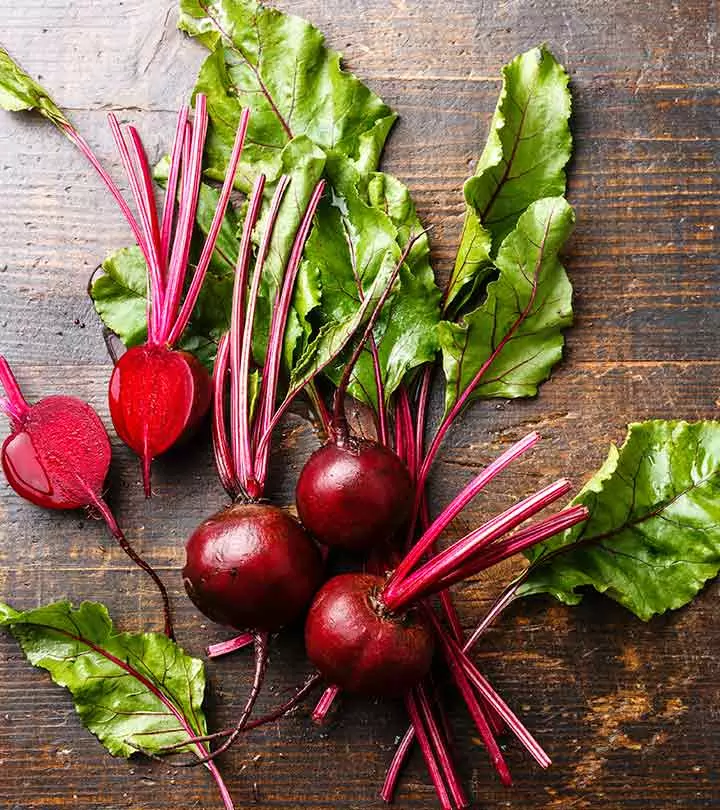
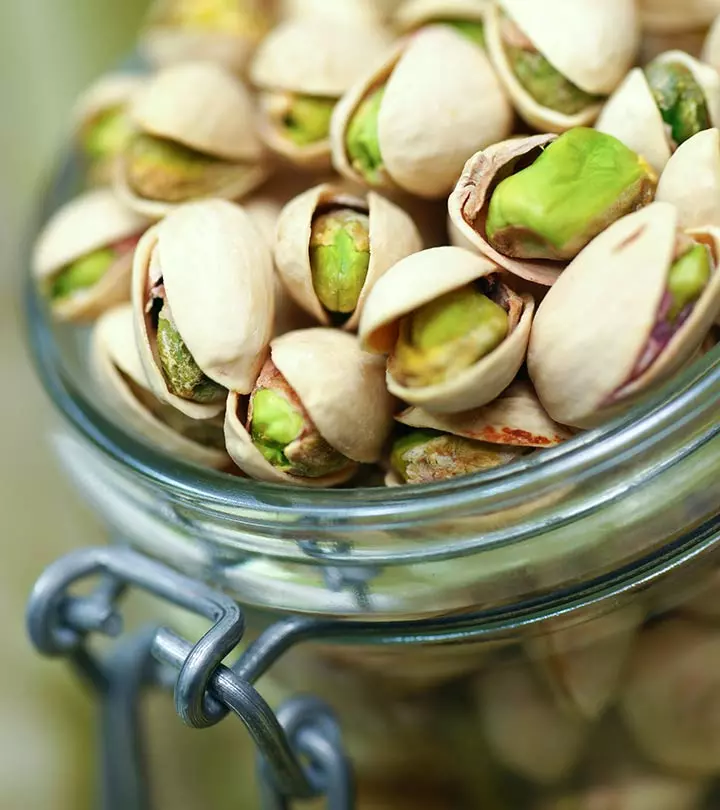
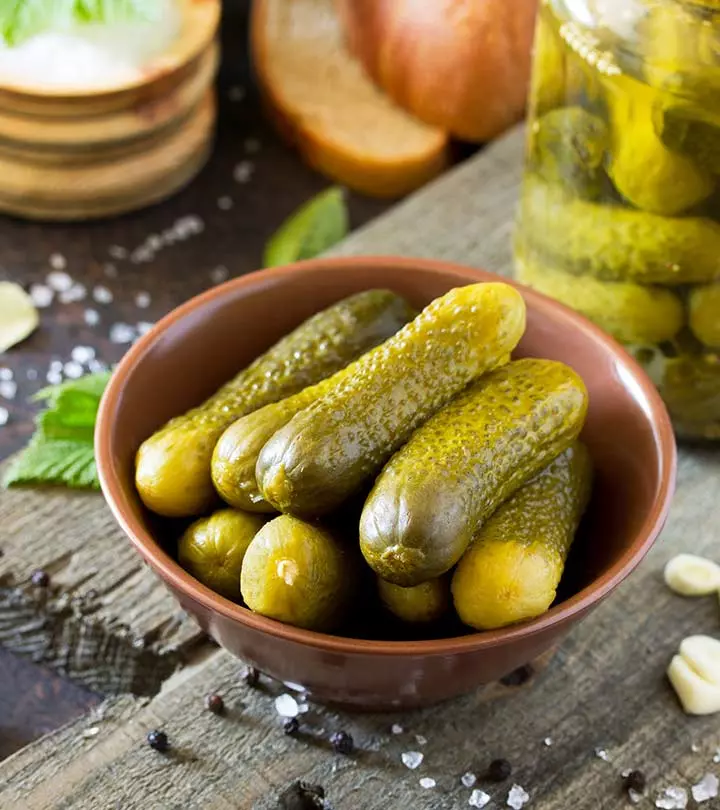

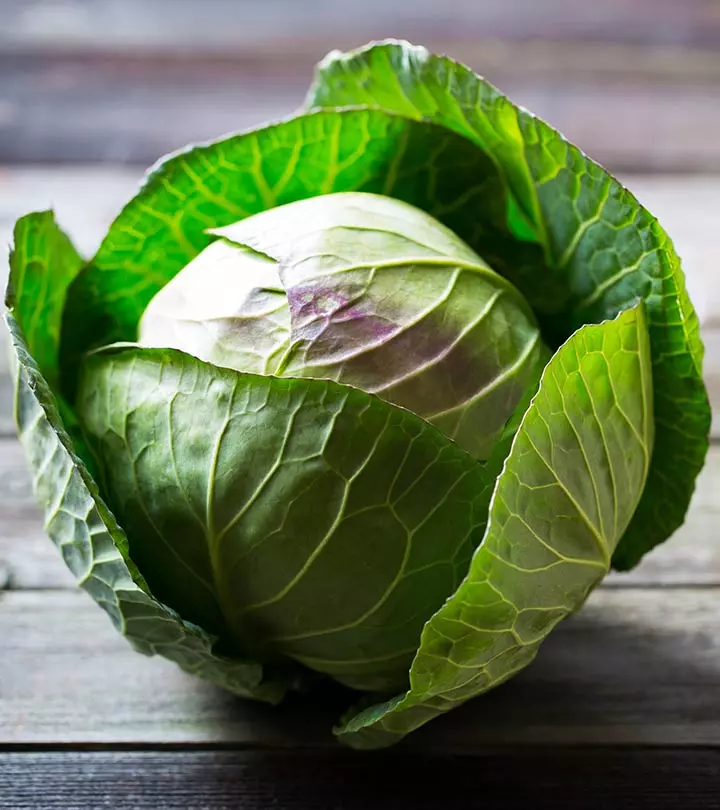

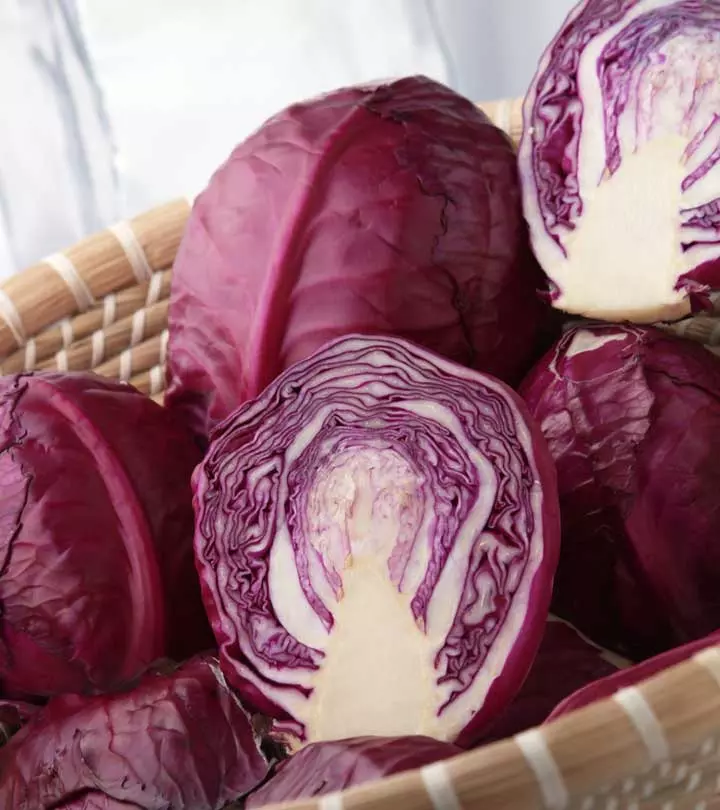

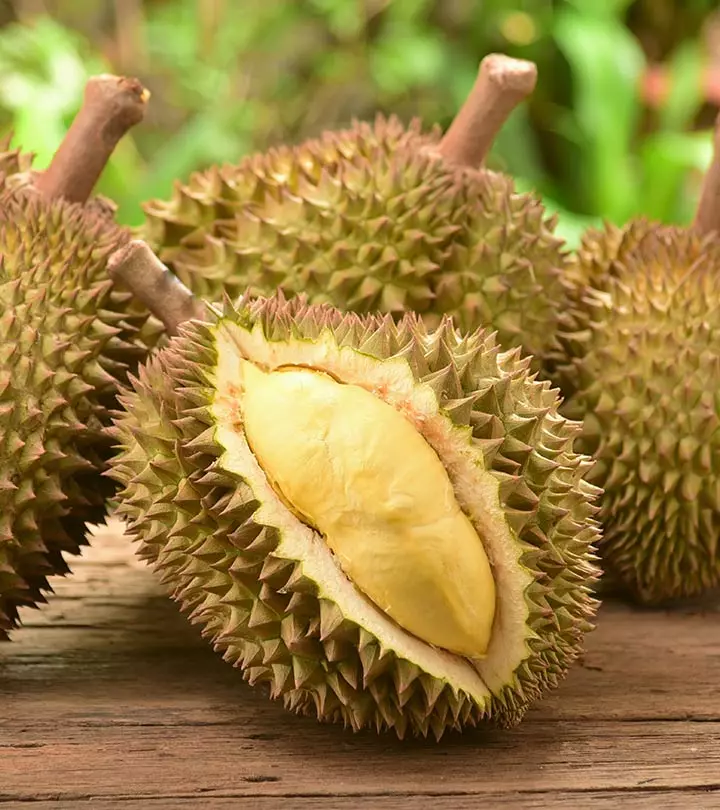
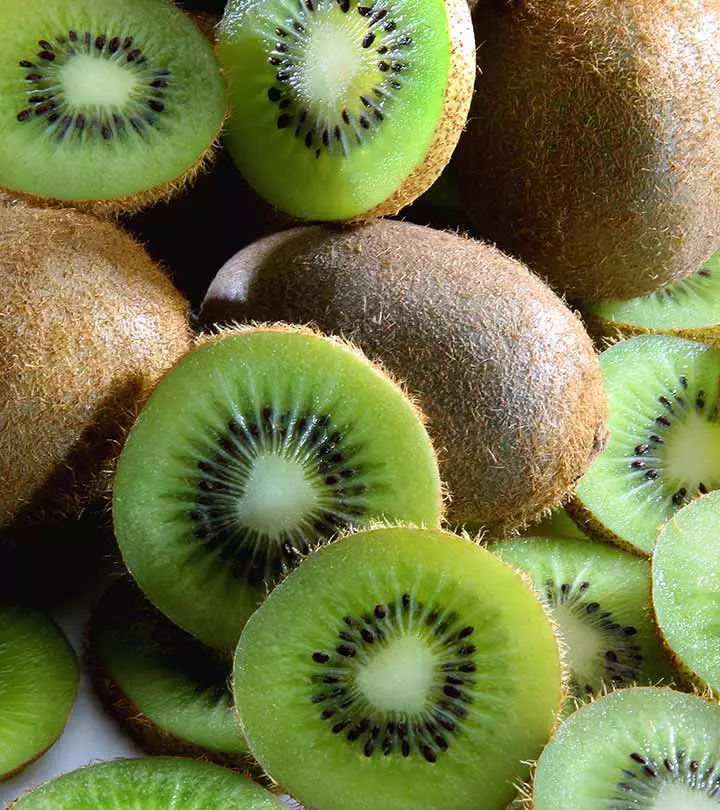
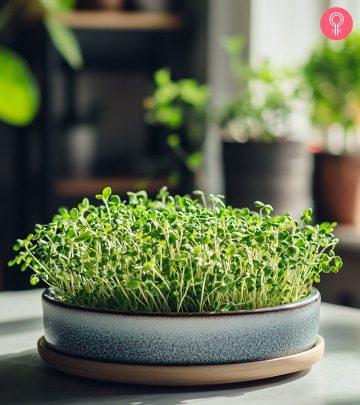


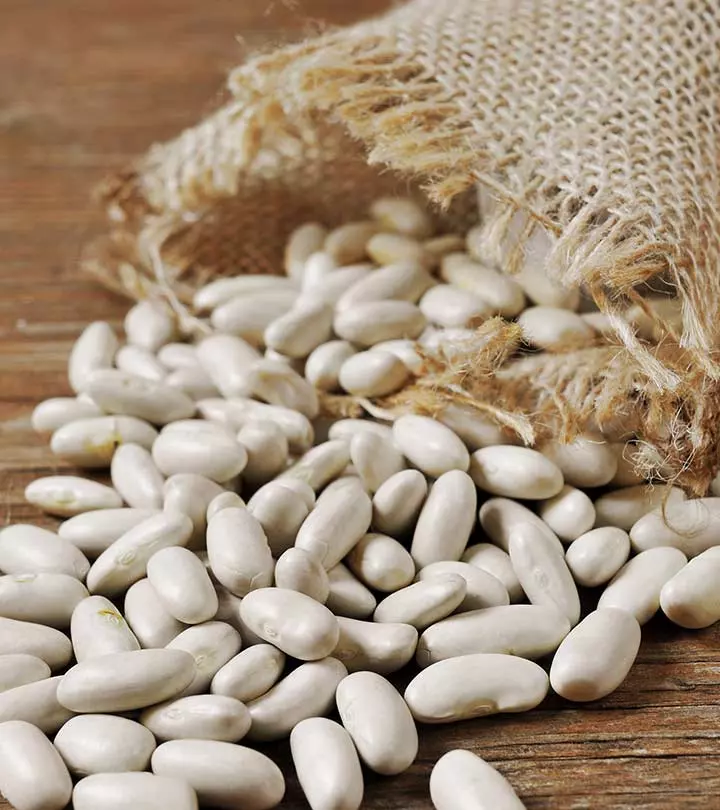


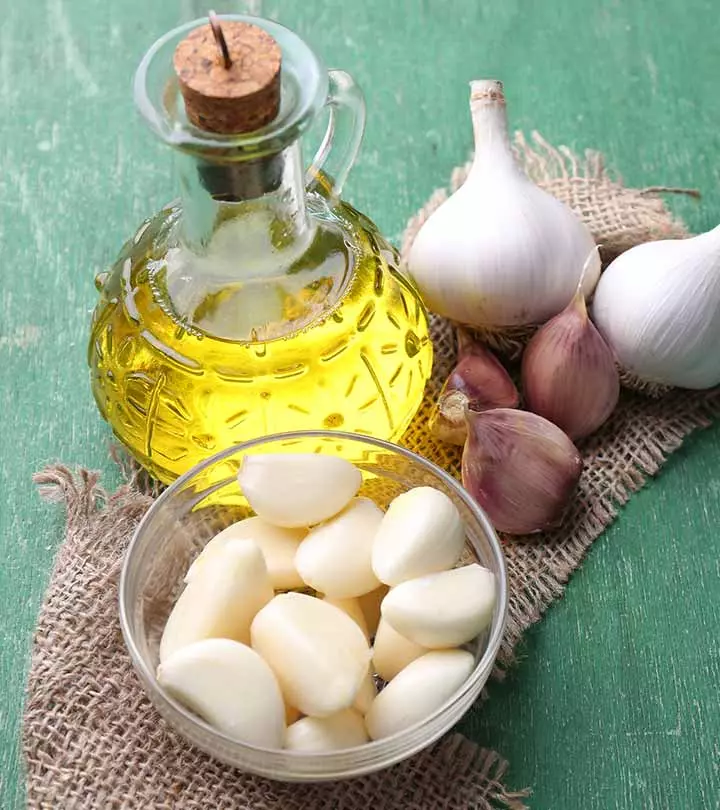
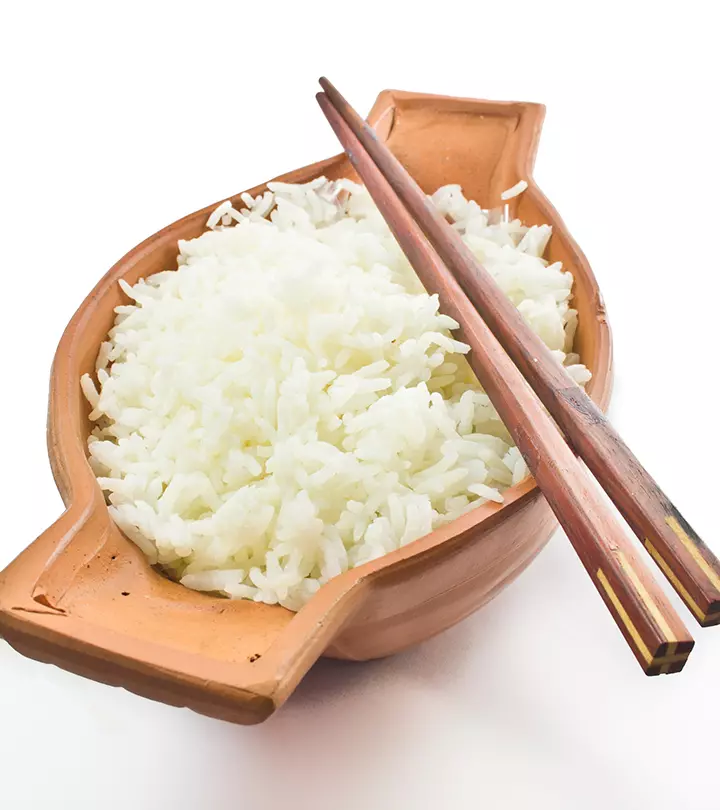

Community Experiences
Join the conversation and become a part of our empowering community! Share your stories, experiences, and insights to connect with other beauty, lifestyle, and health enthusiasts.